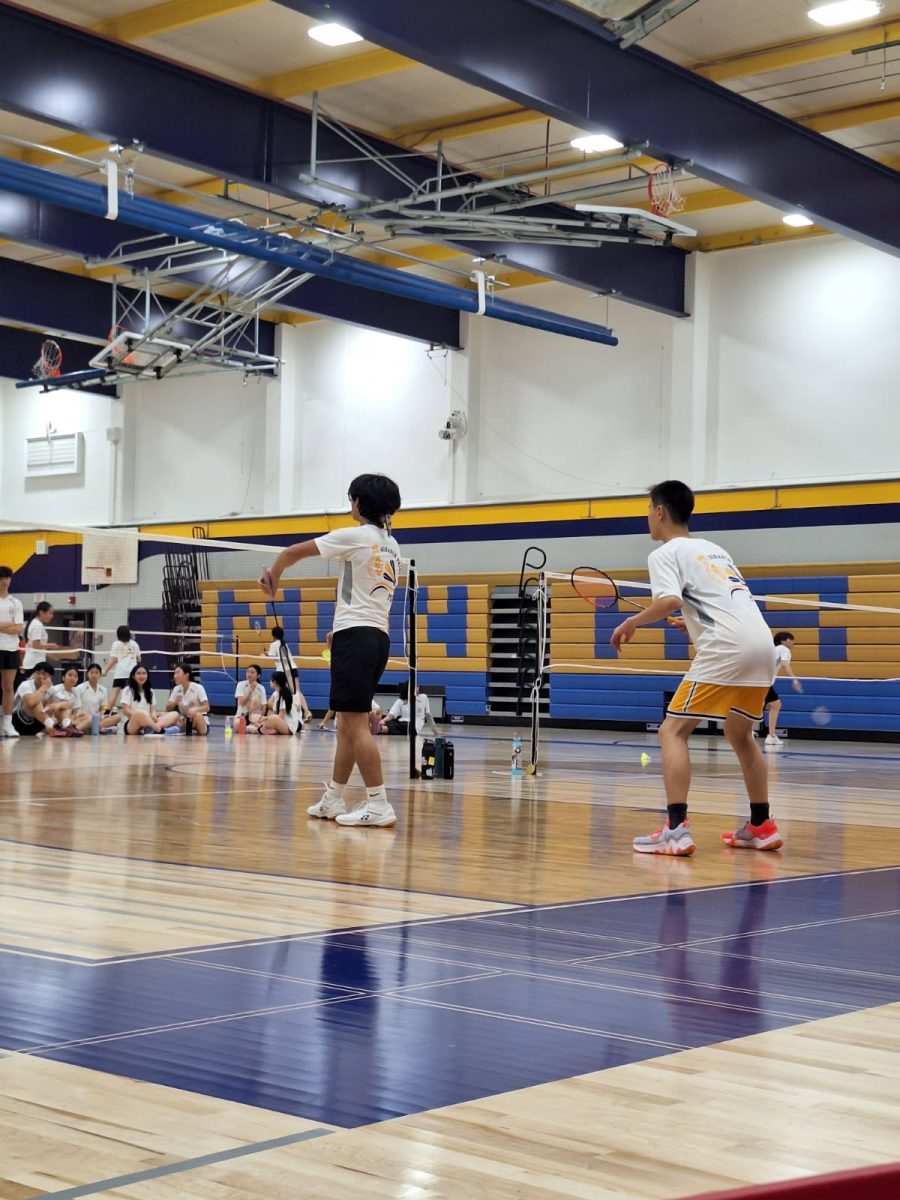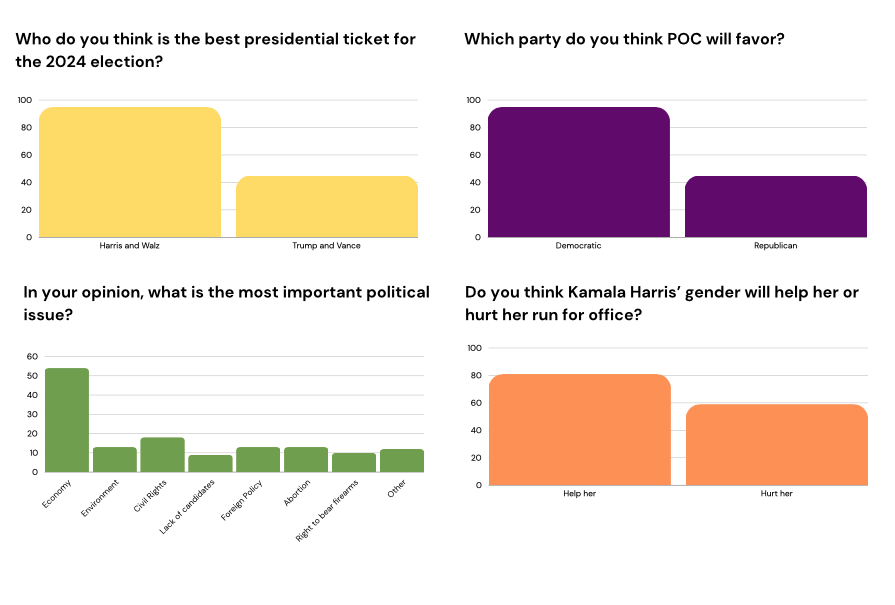When the word overachiever is mentioned, a mental image of an overworked, ambitious person with every accomplishment under the sun is what typically comes to mind. Despite their young age, many high school students fit this description. They simultaneously excel in sports, hold positions in multiple clubs, secure internships, and partake in several AP classes, all while maintaining perfect GPAs. Being an overachiever certainly isn’t an easy task, but from an outside perspective, they do it with ease.
Despite their impressive accomplishments spanning various fields, overachievers aren’t necessarily cocky. In fact, they may not even consider themselves overachievers. Both Alex Nguyen and Gabriel Garcia don’t consider themselves as overachievers. Nguyen, a junior, said that he earns “average” test scores and doesn’t learn at a fast pace. Garcia, a senior, similarly stated that he “didn’t really do overachieving things.” In fact, he credited luck for the fact that his achievements turned out to be beneficial for college. Though these students don’t claim to be high achieving, their efforts speak for themselves, and their efforts are the result of a variety of motives.
Garcia shared that his motivation depends on what he wants to strive for, and that his overachieving is something he does for himself. Meanwhile, Nguyen states that his motivation for overachieving “comes from an internal fear of failure.” Fear of failure and desire to succeed are simply two sides of the same coin and are both significant factors in students’ motivation to have above average accomplishments.
Family expectations are another significant motivator for overachievers. As Mt. Eden senior Gabriel Garcia stated, part of his motivation comes from being a first generation student. “Nobody in my family went to college, in the United States at least,” said Garcia. In addition to his fear of failure, Nguyen said that pressure to obtain and maintain good grades also comes from his mom.
Dallen Terrell, a history teacher at Mt. Eden, weighs in with his belief as to why students feel compelled to go above and beyond, stating that, along with expectations faced by students of immigrant and first generation backgrounds, students’ overall community plays a big role. He stated that social media can put pressure on students by criticizing them for not reaching the highest possible level of success.
Overachievers have a tendency to burn themselves out, often taking on more than they can manage. According to Gitnux, up to 75% of students experience burnouts from academic pressure, lack of support, and overall stress. Terrell shares how he thinks joining clubs, sports, or simply listening to music is important for students and serves to destress. Every student’s preferences are different, but generally Terrell advocates for more outside time because getting fresh air, exercise, and warm sunlight goes a long way.
In terms of destressing, Garcia and Nguyen both said that organizing their work and getting it done benefits them and helps tone down their stress levels. For those who feel the need to constantly excel in everything, it is often hard to simply find time to rest. Most students have internalized goals they want to accomplish, whether it be having straight A’s, getting into a prestigious college, or even mastering a sport, and for most, rest is simply something that is pulling them away from their goal. As a result, rest can trigger enormous amounts of guilt. In a world of overachievers, an average individual may be unjustly labeled as a slacker when, in reality, they most likely just have a fair work-life balance. A society that glorifies unhealthy overachieving habits simply puts continuous, and often detrimental, pressure on such individuals to maintain their success while simultaneously belittling those that fail to meet such expectations.























